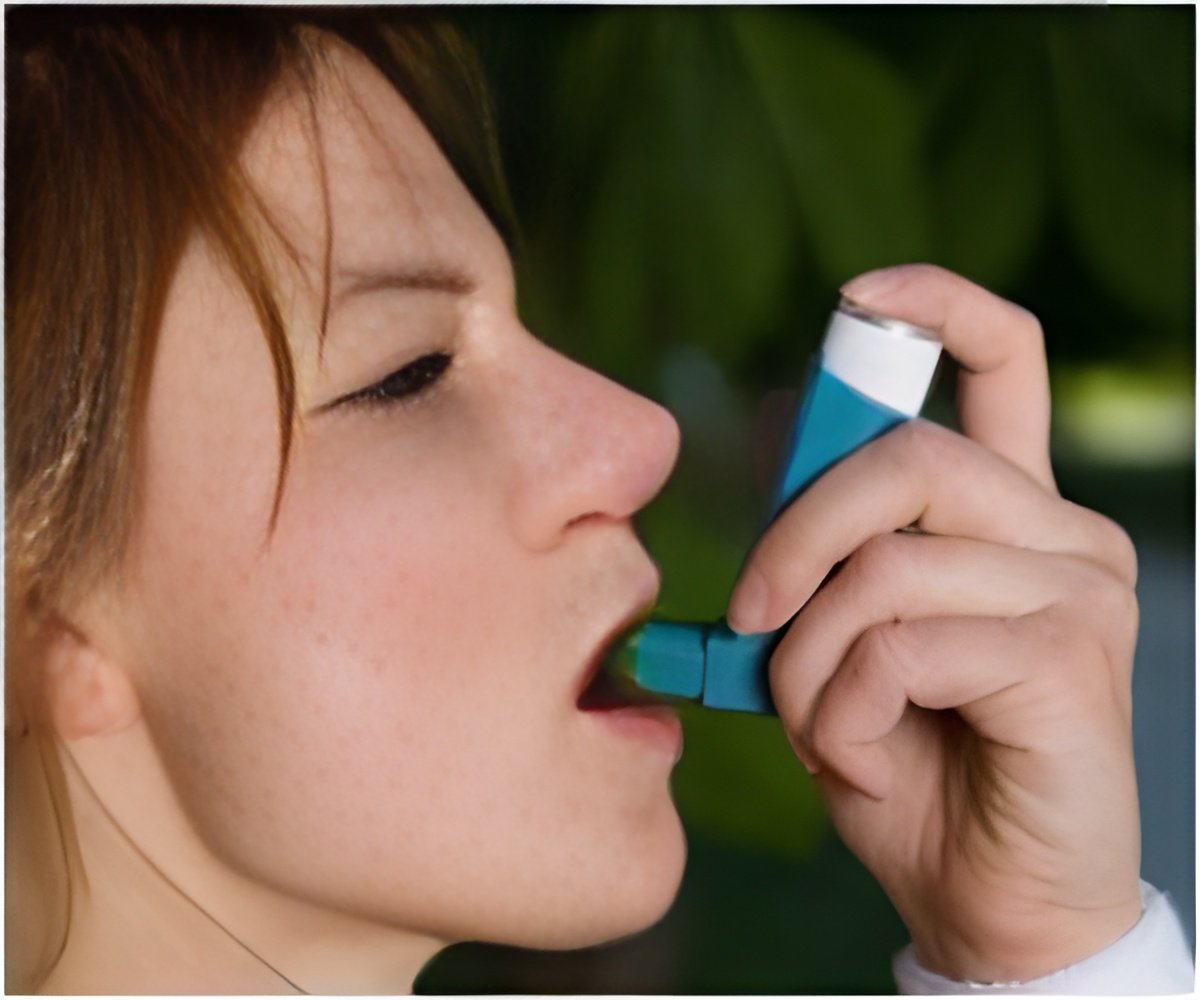
"You are what you eat, but that’s a whole constellation of foods, not just a single food or a single component of a food. Instead of focusing on supplements, we should be taking a more holistic approach." said first author Lewis Smith, professor of medicine at Northwestern University Feinberg School of Medicine.
Indian-American researcher Ravi Kalhan, associate professor in medicine-pulmonary and preventive medicine at Feinberg also contributed to the study.
The study explored the effects of soy in 386 adults and children aged 12 or older with poorly controlled asthma. All were taking medicine to treat their asthma but none were consuming soy.
In the randomized study, half of the participants took a soy isoflavone supplement twice daily for six months, and the other half took a placebo.
"We found that the supplement, though able to increase blood levels of the key soy isoflavone genistein, did not improve lung function, symptoms or measures of inflammation in these individuals," Smith said.
Advertisement
The study appeared in the Journal of the American Medical Association (JAMA).
Advertisement














